Domestic Violence Awareness Month 2021: How Covid has made things worse
In the wake of the worst year for domestic violence on record, pandemic pressures have brought an urgency to action to help women.
NSW
Don't miss out on the headlines from NSW. Followed categories will be added to My News.
They are victims of unthinkable crimes happening behind picket fences and closed doors. Doors hiding years of physical, emotional and financial abuse so severe, they can, and often do, end in death.
Domestic and family violence puts children in hospital, and can leave women bruised and battered for decades before they find the strength to look beyond the shame and take the steps to survival. To freedom.
And it’s getting worse.
In the wake of the worst year for domestic violence on record, Covid-19 lockdowns and pandemic pressures brought urgency for action on violence against women, with many women forced to spend more time with their abusers, and lifelines such as face-to-face support groups, taken away.
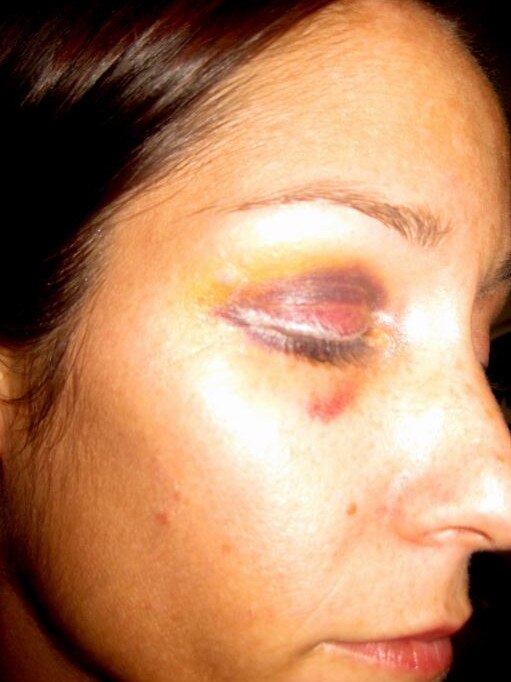
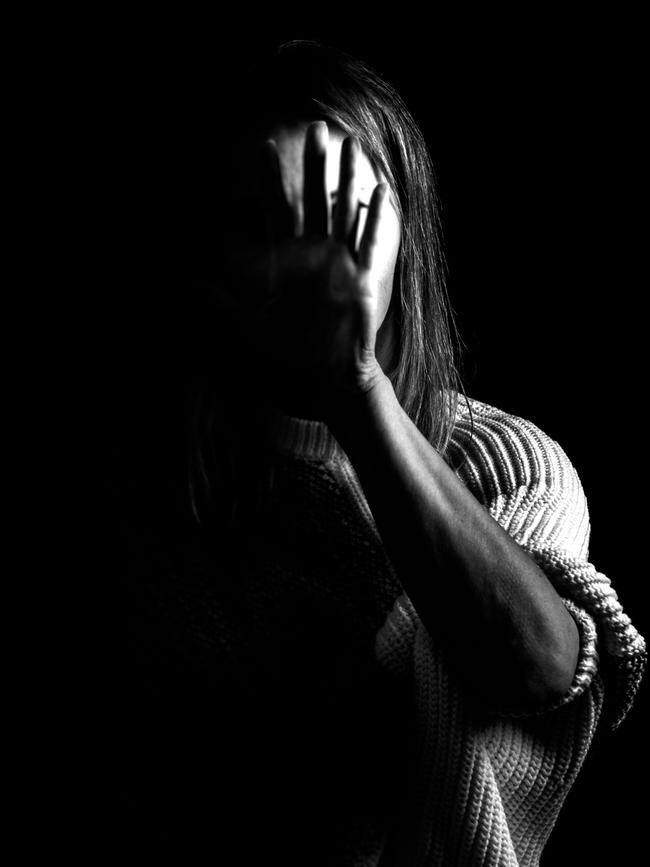
One Sydney woman, who did not want to be identified, is facing a long road to recovery from years of abuse, grieving the loss of her husband and father of her children at the same time as feeling relief for their safety.
He committed suicide after an attack on their baby that left the child hospitalised for days.
For her, the pandemic exasperated an already desperate situation.
“My husband got used to me being isolated from everyone else during lockdown – especially my family,” she said.
“He did not want me to reconnect with people. Covid created an expectation for my husband that I was isolated at home, and he wanted to keep it that way.
“Plus, he didn’t have his usual outlets like socialising or holidays with his mates to help him defuse and he more regularly got worked up.
“Coping with full-time work, domestic abuse, two babies and lockdown is extremely hard to cope with, but the biggest thing I experienced is being under pressure all the time and so tired that you just cannot think.
“You are coping with what life is throwing at you in the present moment, unable to think too far ahead.”
She said the pressure came from all angles, with no reprieve.
“I was too frightened to ever consider leaving him as I believed our children were safer in our marriage where I was his target,” she said.
“I loved my husband – I just wanted to abuse to stop.
“I did not want the police involved but then he was charged with assaulting our baby.”
She said her husband was highly respected in his profession, worked for a prestigious well-known employer and widely regarded as “a gentleman”.
“At the time of his death, seven charges had been part heard in court for offences towards me going back more than two years,” she continued.
“The charge for assaulting our baby had already been dropped due to lack of evidence to prove beyond reasonable doubt.”
Usually, criminal charges are the tip of the iceberg compared to the relentless physical and psychological abuse going on at home.
“Domestic violence is difficult to prove and understanding yourself to be a victim is even harder.”
She is only just beginning the slow, painstaking process to rebuilding her life – a journey that started with attending a Sydney retreat for domestic abuse survivors called Hope And Heal.
“Hope And Heal is wonderful … it invites you to understand that what you have gone through is not your fault and that it is sadly so very common,” she said.
“To feel less embarrassed and to find a voice to tell your story rather than hide. The retreat empowers you with information to make healthier choices for your children and you.
“Which battles to pick and how to focus your energy, how to return to a sense of self, how to remember who you are when you are not living in fear day to day.
“You are with people who just get it – there is no judgment or doubt. You feel more whole.”
She said to enact change, society needs to be properly educated and commonly accepted models of behaviour reframed.
“There are usually are red flags, but love is blind … I have asked myself many times why do people not believe me – why didn’t I see I was a victim?” she said. “Put simply, we stereotype victims as weak, quivering and completely docile – and perpetrators as aggressive thugs.
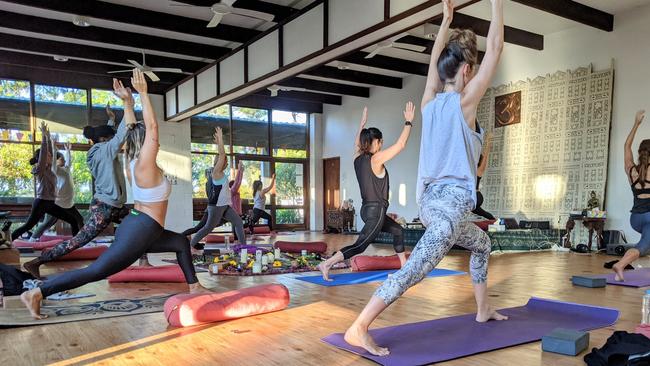
“Neither my husband nor I fit these moulds. My husband would often be the most wonderful gentleman.
“I’m no wall flower and my strength made me prefect prey as I’d cope with so much more behind closed doors while managing to turn up to work every day, get the shopping, look after the children, host social events and smile at the neighbours.
“I did not look like a victim.”
She urged authorities to create a new legal pathway to battle domestic violence, so it could be considered both a mental health problem and a criminal offence at the same time – not one or the other.
For women who don’t know how to leave an abusive relationship or make a change, her advice is clear.
“If you do not have children, run for the hills and don’t look back,” she said.
“Talk to your GP and get a counsellor.
“Talk to your bank to find out what options you have if you leave – information is power.
“Write a journal – always hide it but detail what is happening to you – factually, what was said, what happened, and how you felt.
“If you have children, empower yourself with information.
“Understand that your children are in danger whether you are within your marriage or not.
“Get the best lawyer you can afford and ask for their junior to manage your day-to-day to keep your costs down but have the senior overseeing your matter.
“If I’d had a clue that things were coming to an end, I would have taken many precautionary measures – like have an old phone and charger, a pay-as-go sim with a new number and a top-up card in a bag outside of the house so that I could dump my phone but have a number to give people I wanted to get a hold of me.
“I would have found a way to have some money of my own. Someone to stay with initially – or to stay with me. Extra baby formula and nappies, tampons, and medications.”
■ ■ ■
A recent report found that a majority of women who experienced physical or sexual violence by a current or former cohabiting partner said that the violence had either started or escalated during the pandemic.
The NSW Bureau of Crime Statistics and research data showed there was a 15 per cent increase of domestic violence incidents in the last three years.
On average, one woman is murdered by her current or former partner every week in Australia and this year, 11 women have already lost their lives to family or domestic abuse in Australia.
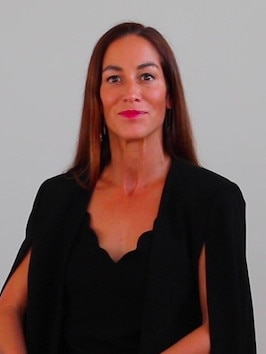
Sydney mother Nadine Taylor, who started the Hope And Heal retreat, knows how vital change is – she, like so many Australian women, lived in fear, every day of her life.
She was emotionally, mentally, physically and financially abused so badly that one day in 2010, she was almost killed.
“I was locked in a house and the phones were hid or disconnected,” the 46-year-old Bronte woman told Saturday Extra. “I was beaten for over six hours.
“I truly believed I was going to die that night. I was strangled to the point that I passed out.
“I sustained facial bruising and bruising and pain to just about every part of my body.
“While curled in a ball trying to protect my face, my abuser kicked me so hard he broke my coccyx and he thought that had broken his foot.
“He was in so much pain and exhausted, the attack stopped and I survived.”
Taylor thought that once she had left the relationship, she would be free from fear — but instead a whole new nightmare began.
“After years of psychological and physical abuse she was diagnosed with Post Traumatic Stress Disorder and was in a constant state of fear and anxiety.
“I was living in survival mode — overwhelmed, isolated and living in a constant state of fight and flight and fear,” Taylor, a nurse, said.
“For many years I fluctuated from states of elevation, anxiety and depression.
“I thought I was losing my mind … I didn’t realise that I was suffering from PTSD.”
Then one day, a door opened to a meditation group and after a few sessions of inner exploration, she started to feel significant modifications in her response to the chaos around her.
With little support for women who have left abusive relationships and continue to suffer from the ongoing physical and psychological effects of trauma and abuse, Taylor set up Hope And Heal.
A series of retreats designed to give survivors tools and strategies to manage the ongoing effects of trauma and PTSD, the women at the retreat connect and learn to let go of feelings of shame and isolation, each seeing how strong they really are, she said.
“During my healing journey I was never offered any counselling or support,” Taylor said.
“The retreats really are life changing and we have an amazing community of women, who support each other and have developed beautiful ongoing friendships.
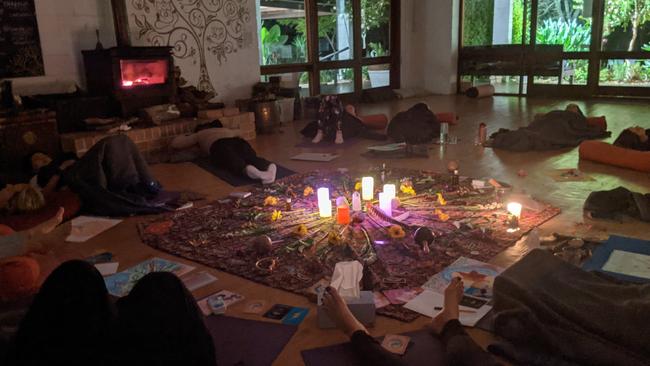
“The women leave the retreat feeling calm, empowered and healthy, having gained insight into the various tools, coping mechanisms and strategies available to help deal with long-term effects of intimate partner violence.
“We believe in offering practices that cultivate personal power, which benefits not only the individual, but their family and community now and as part of widespread social change for generations to come.”
Taylor said there needed to be more funding for all areas of services, including crisis and long term housing and refuges, as well as specialist units who are highly trained and empowered to act, across policing, legal services, education and private sectors and healthcare workers.
Her advice?
“Reach out and get help — you are not alone,” she said.
“I know it’s scary doing so — and for many women it is emotionally and logistically very challenging, but you have all the strength within you, that you need to make it out of this, with the support of professionals.”
Current funding only covers one annual retreat for 15 women, and they are always booked out.
The last three, held in Kenthurst, were sponsored by The Sydney Women’s Fund.
To cope with demand, this year they are holding two, with more than 30 women on the growing waiting list.
“Funding is the only reason we are not able to run more retreats,” Taylor said. “Ideally we need to run at least four retreats per year to meet the demand.”
“There are inexcusable failures and gaps in the current system to support women’s long-term needs and the lifelong impacts of trauma after a person has escaped abuse.”
Another Sydney woman who did not want to be identified said she had been the victim of constant verbal abuse over the last 15 years, which soon turned violent.
“At the start, I didn’t realise what he was doing however over the years and speaking to people or reading information about domestic violence, it made me realise what he was doing wasn’t right,” the mother-of-two said.
“I have found talking about it and getting professional help has definitely made me see more clearly and become stronger to finally leave the toxic relationship and I’m now trying to take steps to move forward.”
But even now, she doesn’t feel safe.
“The Hope And Heal retreat came at the perfect time, knowing I had to leave my relationship, but not knowing how I could do it,” she said.
“It helped me see the light, have courage and learn some amazing skills and techniques to move forward and take with me for everyday survival.”
She said the whole system had to be overhauled to better support vulnerable women and their children.
“We need to get out of the stone age and start listening to females,” she said.
“Most females leave with nothing, as their husbands have controlled everything, so for them to seek legal advice, it’s free and most likely not as great as what their exes can afford.
“To women in this position I would say be careful, start planning …. think of your health, safety, your kids and your life.
“It is hard and scary however you deserve to be happy. No one deserves to be treated badly.”
■ ■ ■
Mary’s House Services have been operating women’s refuges since 2015 and has recently opened The Daisy Centre on the north shore to cope with increasing demand and to fill gaps identified in the 2018 Royal Commission into Family Violence.
Opened with the help of a generous donor who provided the necessary seed funding, The Daisy Centre is a specialised, integrated support service that provides professional and individually tailored case management for women who have and are experiencing domestic abuse.
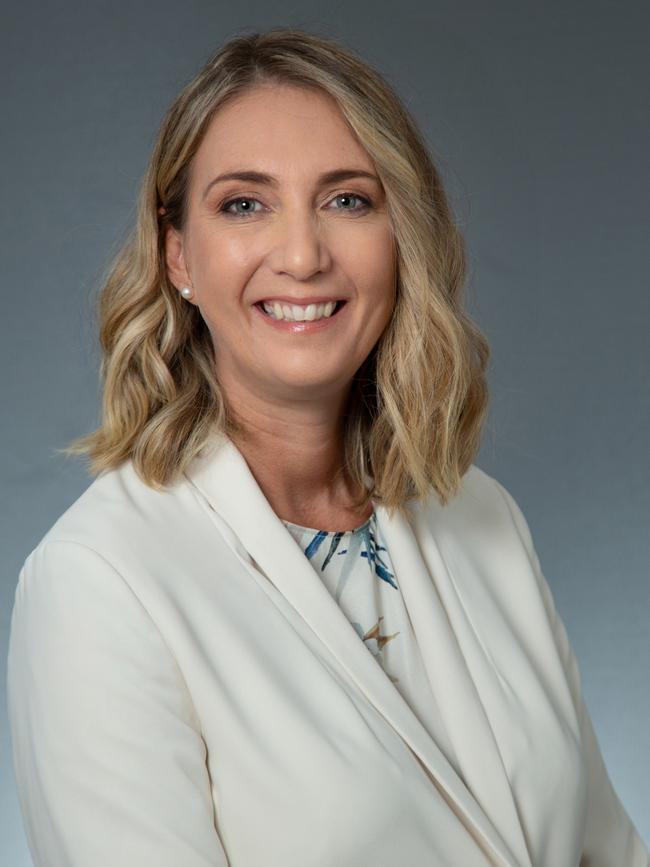
“The need for the Daisy Centre launch was highlighted with the Covid-19 pandemic, which brought about several challenges to the sector,” said Claire Barber, CEO of Mary’s House Services.
“The traditional ways in which women could report abuse was impaired due to ongoing safety concerns caused by Covid-19 restrictions.
“Some reports recorded a significant drop in hotline calls not because the rates of incidents of domestic violence had decreased but rather, that victims were unable to safely connect with services.
“As Covid-19 restrictions stared to ease, the referrals started to increase — as a service, we received two months’ worth of referrals in the month of December.
Like so many refuges across the country, Mary’s House is full. And since its opening, the Daisy Centre has already supported 50 women impacted by domestic abuse and is currently at full capacity, with ongoing case management being provided to 40 families
“The Daisy Centre is a safe space for women to come and use our phone and computer without surveillance and seek support – we are close to shops so we can be disguised with a trip to the supermarket,” Barber said.
“As a service, our referrals are increasing every month. This year alone we have received around 90 referrals and receive approximately 20 inquiries per week.
“We receive referrals from local suburbs such as Mosman, Northbridge and Cremorne and referrals from other areas of Sydney.
“It is important to understand that domestic violence doesn’t discriminate – it doesn’t matter which area you live in, affluent or not, it impacts anyone.”
The service recently provided refuge to a victim-survivor who had been referred to Mary’s House by her oncologist, as her husband would not allow her to receive chemotherapy.
“Sadly, more than 50 per cent of women who experience domestic abuse, have children at home,” she said.
“Our vision for the Daisy Centre is to be able to provide more support to women impacted by domestic abuse to mitigate the impact of trauma experienced by not only the women, but by their children too – in order to achieve this, we are in urgent need of additional resources.”
WHERE TO GO FOR HELP:
If you or someone you know is experiencing sexual abuse or family violence contact:
● National Sexual Assault, Domestic Violence Counselling Service 24-hour helpline 1800 ● RESPECT on 1800 737 732
● 24-hour Emergency Accommodation helpline on
1800 800 588
● Lifeline on 13 11 14
● Family Violence Crisis and Support Service on 1800 608 122
● Men who have anger, relationship or parenting issues, should contact the Men’s Referral Service on 1300 766 491 or the Don’t Become That Man helpline on 1300 243 413
● www.hopeandheal.org.au
● www.maryshouse.org.au





